

According to the American Psychological Association, dress up games and other types of imaginary play are not just a creative and social outlet, but a fundamental part of a young child’s cognitive development. Contrary to popular belief, young children do not learn as effectively from structured classroom education as they do from being allowed to play creatively.
To play dress up games, all that is needed are some old clothes, shoes, accessories and a vivid imagination. Any sort of old clothes will suffice, whether they are fancy dresses, like an old bridesmaid or prom dress, or out-of-date business attire. The all-time favorite shoes for playing dress-up are old high heels and work books, but ballet slippers and other shoes will work just as well.
You can purchase store-bought accessories especially for playing dress-up, such as plastic tiaras, feather boas, doctor’s coats and play stethoscopes, or you can offer disused and outdated purses and jewelry, such as necklaces, bracelets and cuff links, found at a yard sale or in your own closet. Clip-on earrings are usually the best bet for playing dress-up, since some children don’t have pierced ears.
Other great additions to a dress-up collection are stick-on nails and old Halloween costumes. Add a little imagination, and the possibilities are endless.
Everyone wants to be a prince or princess once in their life, even if it’s only pretend. Have the children dress in their best imitation of royalty. Let the little ones take turns sitting on a “throne” and making royal proclamations, or waving to the commoners as they travel in a parade.
Once the children have dressed, accessorized and styled their hair, have them practice their best poses. Use phrases such as “that’s so money,” “you’re so fierce” and “work your angles” as you take pictures of the children. For even more fun, buy a disposable camera and let the little ones take photos of each other.
Fun twist on the traditional dress up games are the dress-up relay race. Separate dress-up clothes into two piles, and divide children into two teams. Each team must race, one child at a time, from the starting point to the pile of clothes. Then they must select an outfit from the pile, put it on as fast as possible, and return to the starting point. The next child on the team repeats the process until each child has dressed up in an outfit. The first team to complete the task is the winning team.

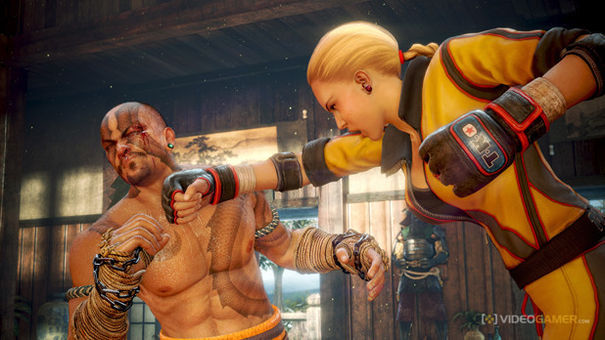


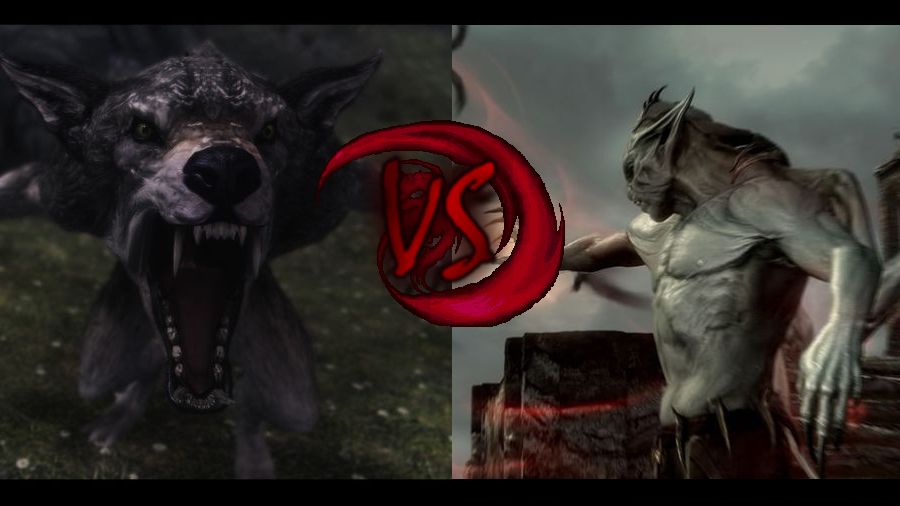 The Elder Scrolls Online Vampire Or Werewolf - A Detailed Comparison
The Elder Scrolls Online Vampire Or Werewolf - A Detailed Comparison DOTA Hero Tips: Puck the Faerie Dragon
DOTA Hero Tips: Puck the Faerie Dragon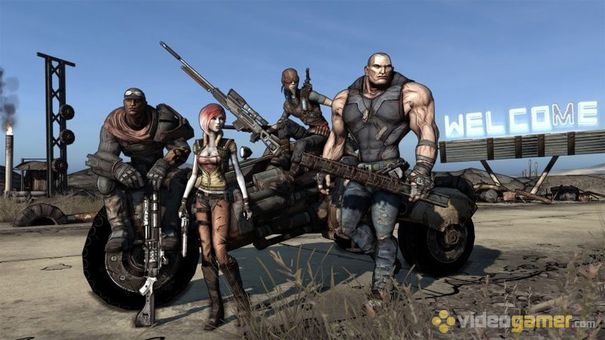 Four games that need a new ending, Mass Effect 3
Four games that need a new ending, Mass Effect 3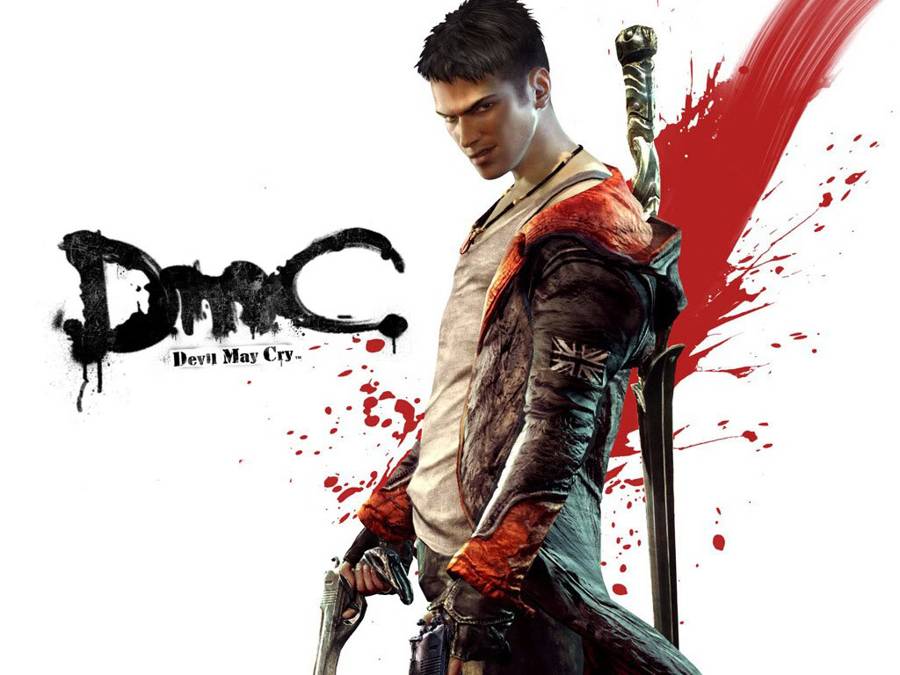 DmC: Devil May Cry Lost Soul Location Guide
DmC: Devil May Cry Lost Soul Location Guide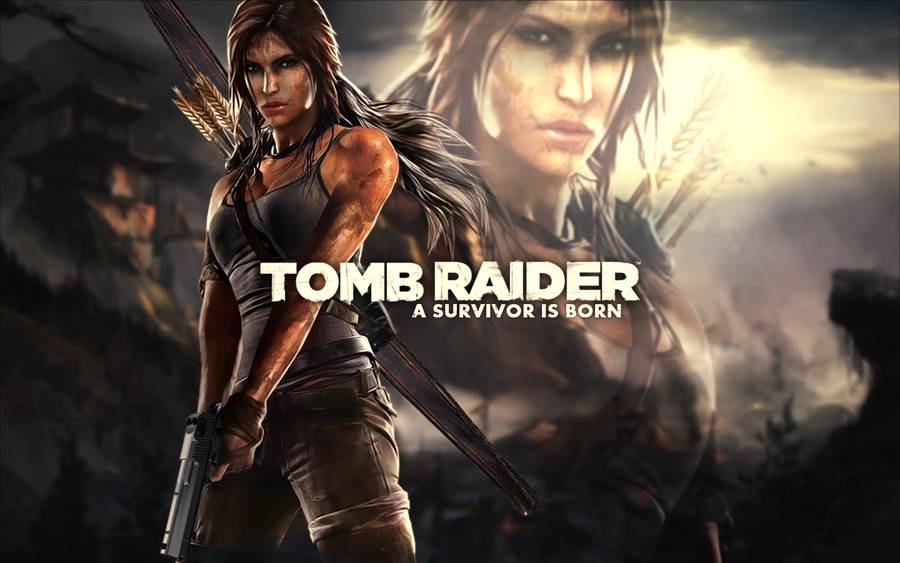 Tomb Raider Guide: Quick EXP and Salvage Guide
Tomb Raider Guide: Quick EXP and Salvage Guide